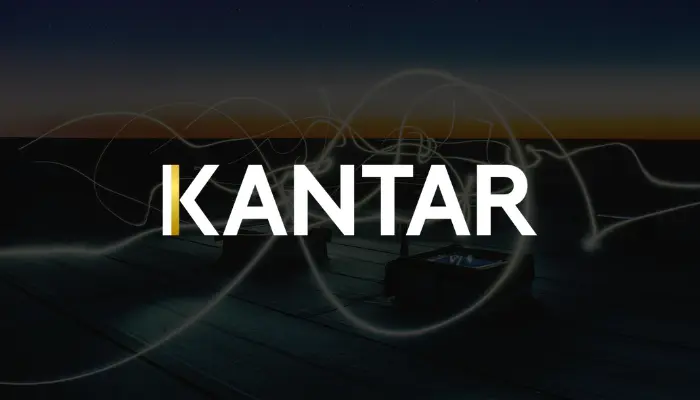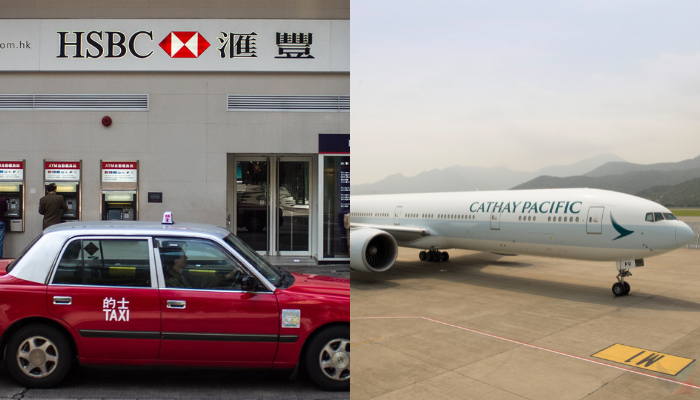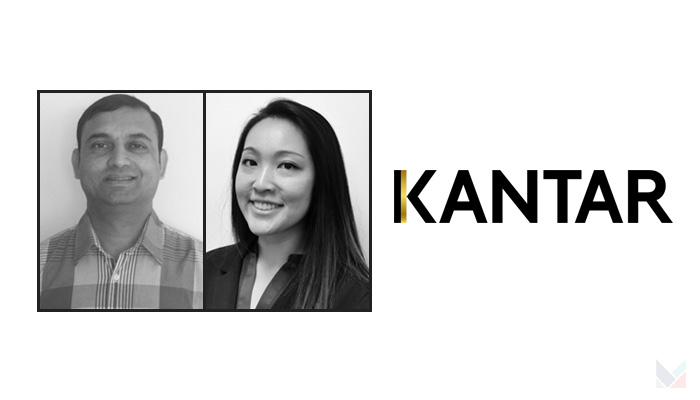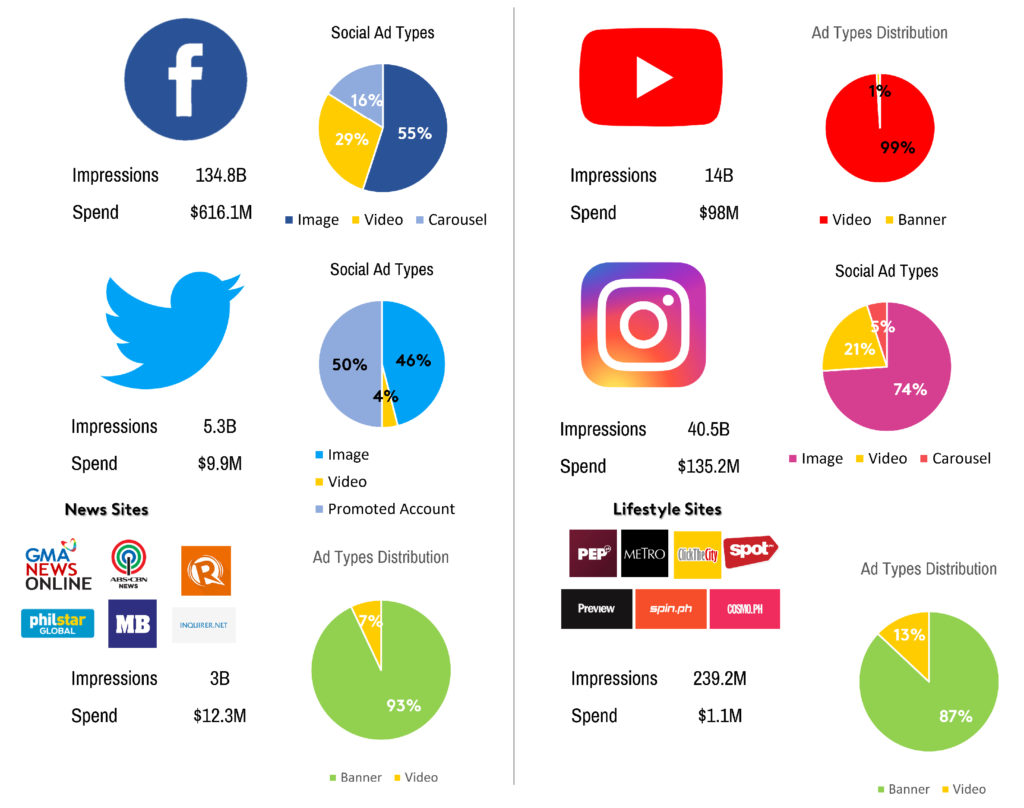Sydney, Australia – Market research firm Kantar Australia has recently announced the promotion of Mark Kennedy and Colin MacArthur into the joint role of managing partner, consulting, at Kantar Australia. They will be replacing Dennis Wong who is leaving Kantar after 15 years to pursue his own professional interests.
In their new roles, Kennedy and MacArthur will be leading Kantar’s consulting department together, leveraging the unique set of skills housed within Kantar’s consulting team across its Australia business and clients.
Prior to his appointment, Kennedy spent his 10 years at Kantar, where he led an extensive portfolio of blue-chip clients in Europe, Asia and the USA, and is respected by his peers and clients for delivering ‘marketing inspiration’ that is simple and actionable, all solidifying his reputation as a strategic leader.
Overall, he possesses 30 years of experience in the design, marketing, and strategy sectors in both client and agency worlds, including global leadership positions at Landor Associates and Blue Marlin Brand Design as well as leadership roles at South African Breweries International and Design Works.
On the other hand, MacArthur has been working in the insight and consulting space of Kantar for over 20 years. Prior to joining Kantar eight years ago, he built his career at Jigsaw Strategic Research and The Leading Edge in Australia, and at Hall & Partners and KPMG Nunwood in the UK.
MacArthur is also a passionate member of Kantar’s Inclusion, Diversity and Wellbeing Committee and supports not-for-profit organisations on campaigns focused on greater inclusion and diversity and health outcomes for the LGBTGQI+ community.
Speaking on his appointment, Kennedy said, “I am thrilled and honoured to take on the role of joint Managing Partner for Kantar’s Consulting practice in Australia. The client and consulting landscapes are evolving rapidly, and, alongside Colin, I look forward to bridging these worlds together to drive growth, build connections and shape the future.”
Also commenting on his own appointment, MacArthur added, “In this ongoing period of flux and change in the domestic and global markets that we work in, my excitement of taking on this role with Mark stems from the prospect of bringing my strategic vision, operational expertise, and client-focused approach to drive growth and success for both Kantar and our clients.”
Meanwhile, Jon Foged, managing director for Kantar Australia, mentioned, “I am excited about this partnership as Mark and Colin already have a close and trusted relationship with each other and the wider Kantar team, they have complementary strengths they can amplify together in this role, they are experts that our clients respect, and they are passionate and enthusiastic leaders”.













